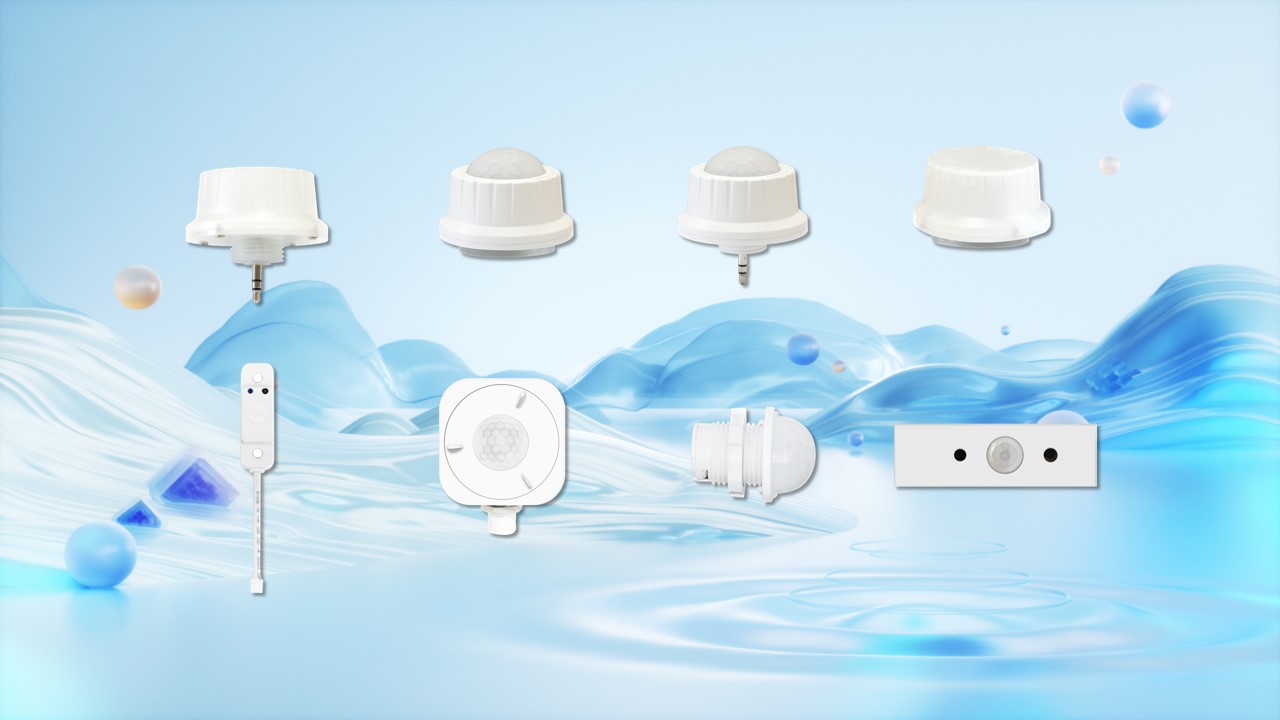Time:2024-04-19 Views:1

Smart lighting sensors are integral components of modern, energy-efficient lighting systems. These sensors automate the control of lights in homes, offices, and other settings, enhancing convenience, energy savings, and security.
What are Smart Lighting Sensors?
Smart lighting sensors are devices that adjust the lighting based on the environmental conditions and presence of people in a room. They can detect various parameters such as motion, ambient light, and occupancy, and adjust lighting accordingly.
Types of Smart Lighting Sensors
Motion Sensors: These sensors detect movement in an area and turn the lights on or off accordingly. They are ideal for areas that are only occasionally occupied, like hallways or bathrooms.
Ambient Light Sensors (Photocells): These measure the level of natural light in the environment and adjust artificial lighting to maintain a consistent brightness level. This is particularly useful in offices and homes to balance between natural and artificial light, thus saving energy.
Occupancy Sensors: Similar to motion sensors, occupancy sensors are more sensitive and can detect the presence of people in a room even when there is little to no movement. They ensure lights stay on while the space is occupied.
Daylight Sensors: These are specifically designed to respond to the natural light available, ensuring that interior lighting is only used when necessary, thereby reducing energy consumption.
Benefits of Smart Lighting Sensors
Energy Efficiency: By ensuring that lights are only on when needed, smart lighting sensors can significantly reduce energy consumption and lower utility bills.
Convenience: Automated lighting means you never have to worry about turning lights on or off when entering or leaving a room.
Enhanced Security: In security applications, sudden illumination via motion sensors can deter intruders and enhance safety.
Extended Bulb Life: By reducing the operation hours of lighting fixtures, sensors help extend the life of the bulbs.
Customization and Integration: Many smart lighting systems can be customized and integrated with other home automation systems, allowing for sophisticated and user-friendly setups.
Smart lighting sensors are a cornerstone of smart home technology, offering a blend of convenience, efficiency, and customization. As technology advances, these systems are becoming more intuitive and capable of providing greater energy savings and enhanced user experiences.
